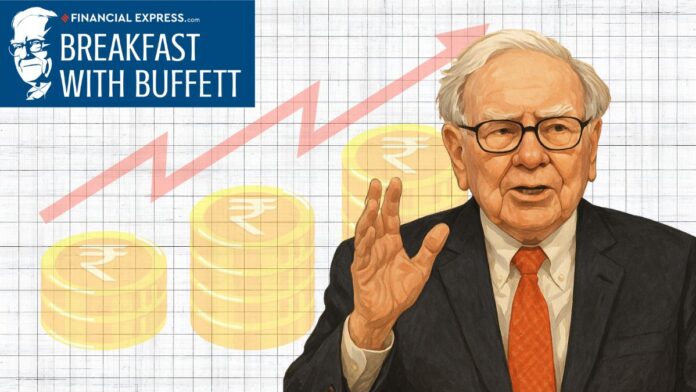Imagine a card with 20 holes. Each hole is an investment you can make in your life. Punch one, and it has gone forever. That is Warren Buffett’s “20 punch card rule.” in the simplest terms.
It is a simple idea that makes you pick investments wisely. In India, where IPOs flare up and the Sensex swings, this rule could possibly and potentially guide you build the first or the next crore.
Most Indian investors chase hot stocks or F&O bets, losing money. Buffett’s rule says: slow down, choose carefully, and get rich. Let us dive in, with his no-nonsense wisdom, to see how this works for Indian investors.
What is the 20 Punch Card Rule?
Buffett once said, “I could improve your ultimate financial welfare by giving you a ticket with only 20 slots in it… You would really have to think carefully about what you did.” What he meant was you should treat every investment like it is one of your 20 lifetime chances. No chasing every IPO or social media tip. Pick businesses you understand and trust for years. It is about quality, not quantity.
ALSO READWarren Buffett’s cash cushion formula that 90% of Indian investors ignore
SEBI says 80% of F&O traders lose money. Many young investors jump from one tech IPO to a random small cap, burning cash. Buffett’s rule stops this madness. As he puts it, “You don’t have to swing at everything—you can wait for your pitch.” Buffett’s partner Munger would add, “The big money is in the waiting.” With only 20 punches, you focus on great companies, not market noise.
India and the 20 Punch Card Connection
India’s markets are like a Christopher Nolan flick. In 2025, the Sensex hit 85,000, then dropped with global tariff fears. A recent tech IPO soared, then fell 30%. Some small-cap sectors jumped 25%, tempting everyone. It is easy to get caught in the hype. Young investors, with demat accounts and X posts, punch their card on every shiny stock. Result? Losses pile up. And with that they run out of slots to punch very soon.
Buffett’s rule keeps one’s feet on mother earth. He says, “The stock market is a device for transferring money from the impatient to the patient.” Instead of chasing 50 stocks,
» Read More


